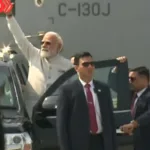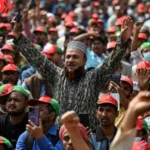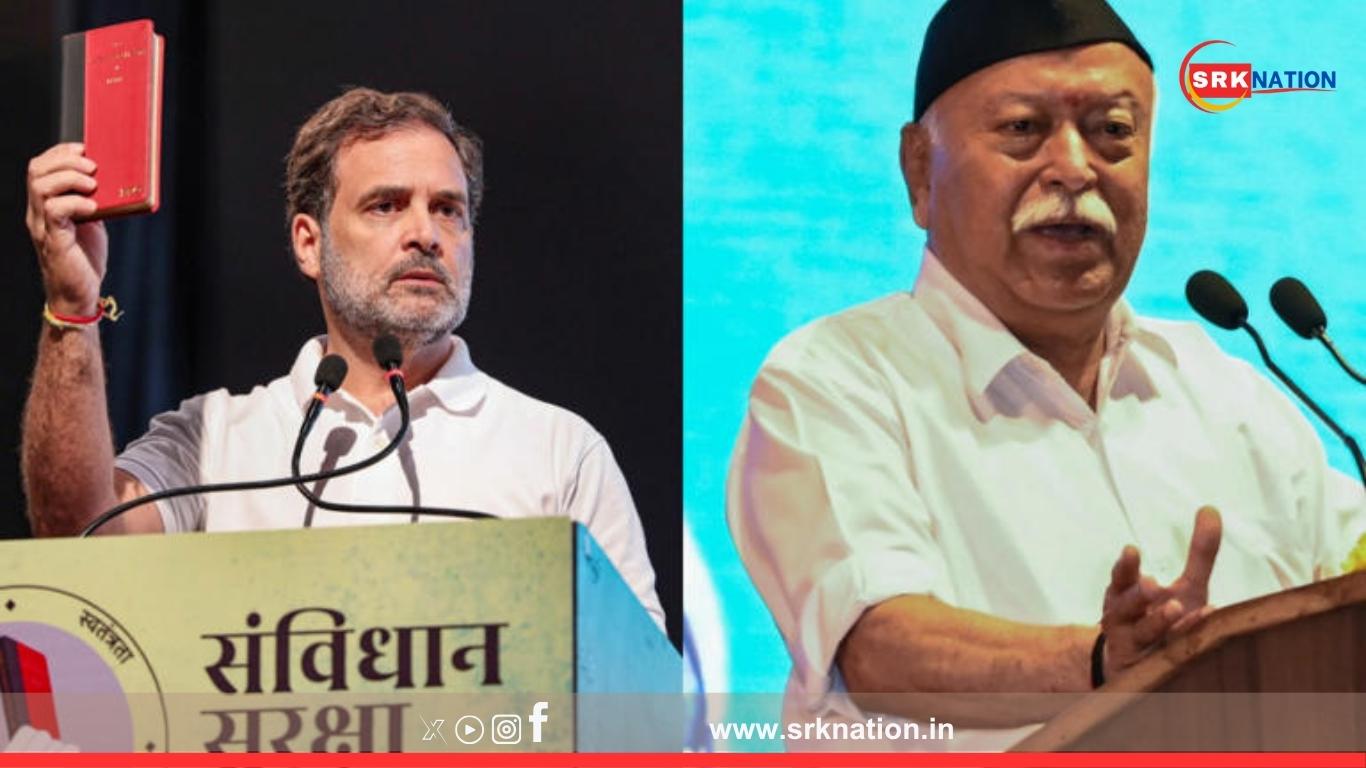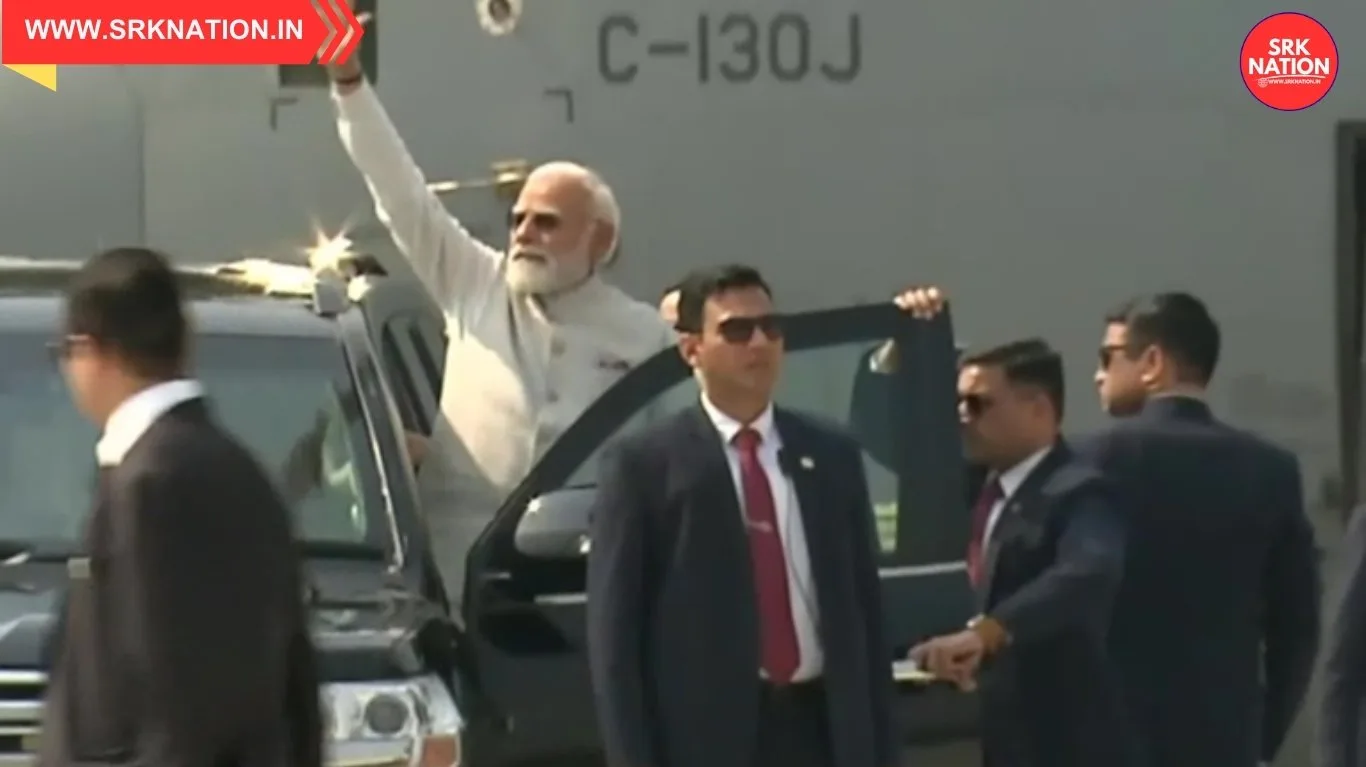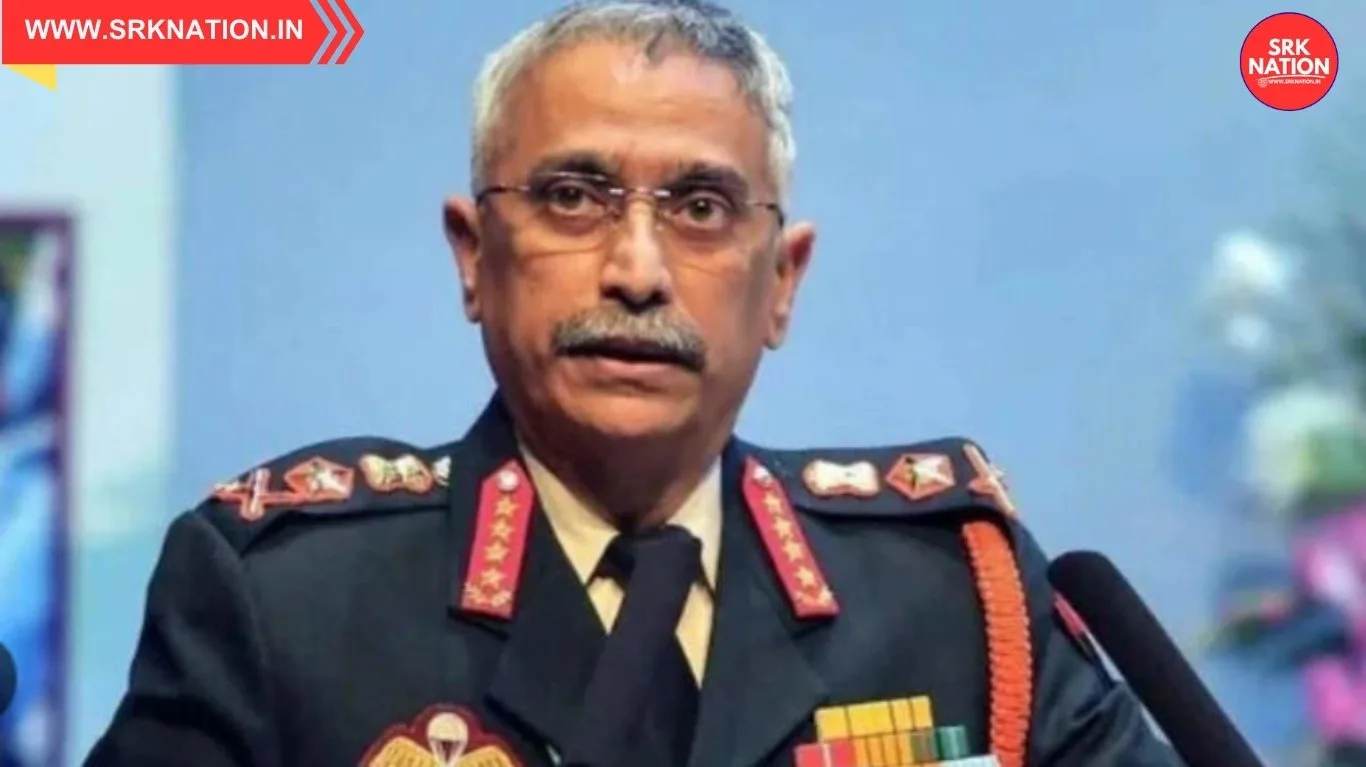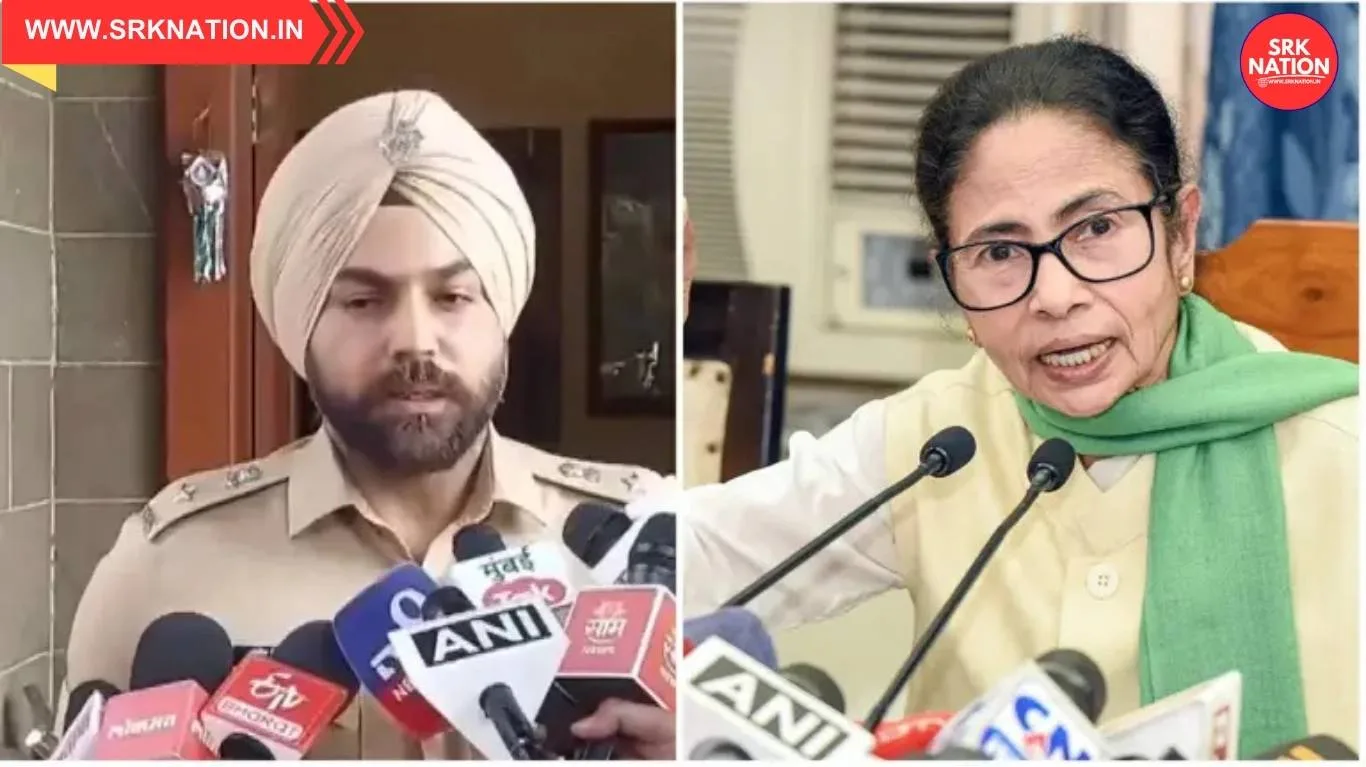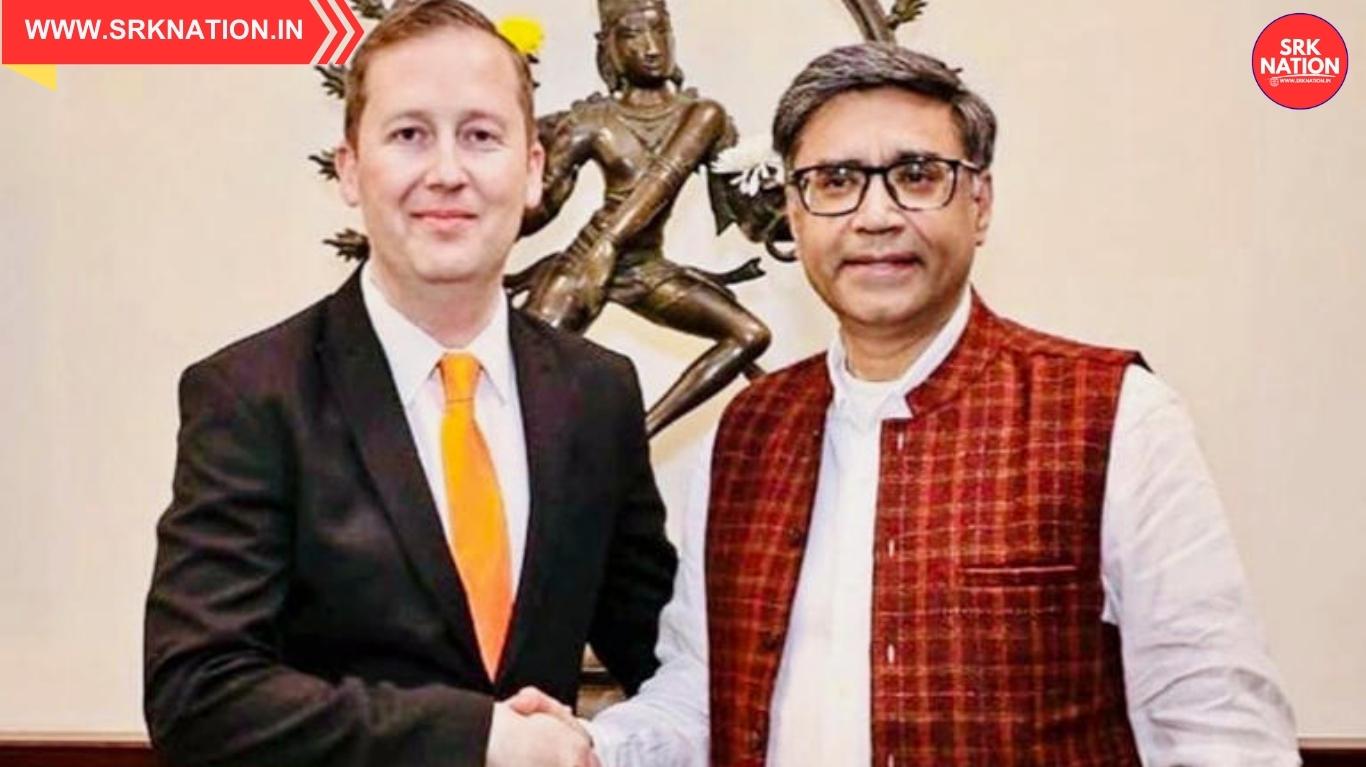The Congress party’s persistent criticism of the Rashtriya Swayamsevak Sangh (RSS) remains one of India’s longest-running political confrontations. While the RSS has positioned itself as a cultural and nationalist organisation with extensive grassroots outreach, the Congress often accuses it of ideological extremism, communal polarisation, and undermining constitutional values. What underpins this enduring hostility, and why has the Congress intensified its anti-RSS rhetoric in recent years?
Historical Context of the Congress-RSS Rivalry
The roots of this antagonism go back to the pre-Independence era, when the RSS was founded in 1925 by K.B. Hedgewar as a cultural body advocating Hindu unity and self-reliance. Post-1947, with the Congress emerging as the dominant political force, the RSS was viewed with suspicion due to:
- Its criticism of Nehruvian secularism, which the Sangh saw as appeasement politics.
- Allegations of RSS cadres’ involvement in Mahatma Gandhi’s assassination, although the ban imposed on it in 1948 was lifted after no evidence was found.
This historical baggage continues to fuel Congress’s positioning of the RSS as a threat to India’s pluralism, while the RSS views Congress as compromising Hindu interests for electoral gains.
Recent Political Dynamics: Why Congress is Targeting RSS More Aggressively
In the last decade, with the BJP’s rise under Narendra Modi, the Congress has sharpened its attack on the RSS, driven by:
- BJP-RSS Synergy: The RSS serves as the ideological backbone of the BJP, shaping its social outreach and cadre base. Attacking the RSS indirectly targets the BJP’s moral and electoral legitimacy.
- Electoral Strategy: The Congress frames its critique to consolidate minority votes, positioning itself as a bulwark against “majoritarian politics” and defending secularism.
- Narrative Framing: The Congress seeks to project the RSS as regressive and anti-modern, contrasting it with its own liberal democratic legacy to appeal to urban intellectuals and global audiences.
Key Issues Congress Highlights Against RSS
| Issue | Congress’s Criticism | RSS’s Response |
|---|---|---|
| Secularism | RSS undermines India’s secular fabric by promoting Hindu Rashtra. | RSS claims it supports cultural nationalism inclusive of all faiths. |
| Education | Allegations of saffronising curricula through Shiksha Sanskriti Utthan Nyas and affiliated bodies. | RSS argues for correcting colonial and Marxist distortions in Indian history. |
| Social Harmony | Accusations of communal polarisation through affiliates like VHP and Bajrang Dal. | RSS maintains it works for social service, unity, and national security. |
| Reservation and Minorities | Claims RSS opposes affirmative action and minority welfare schemes. | RSS says it supports reservation for historically disadvantaged while opposing religious quotas. |
Recent Attacks and Political Rhetoric
Senior Congress leaders have ramped up anti-RSS statements:
- Rahul Gandhi, during Bharat Jodo Yatra, equated RSS ideology with the Muslim Brotherhood, calling it a threat to India’s idea of nationhood.
- Mallikarjun Kharge, in Parliament debates, accused the RSS of not participating in the freedom struggle and working against constitutional values.
- Jairam Ramesh, Congress communications head, frequently terms RSS as India’s “deep state” undermining democratic institutions.
Why RSS Remains Silent on Direct Political Attacks
Unlike political parties, the RSS rarely engages in direct rebuttals, maintaining:
“We are a cultural organisation. Politics is not our domain. Our work is to build character, service mindset, and national pride.”
However, affiliates like the BJP, VHP, and ABVP counter these attacks in public debates and campaigns.
Public Perception: Mixed but Shifting
Opinion polls show:
- Among urban educated youth, RSS’s welfare initiatives, disaster relief work, and nationalist messaging resonate, though there are concerns about minority inclusion.
- Among minority communities and liberal voters, RSS remains viewed with scepticism, aligning with Congress’s framing.
Is Congress Gaining Politically From Attacking RSS?
Political analysts argue:
- While such attacks consolidate minority and secular votes, they also strengthen RSS’s support base by framing it as a victim of political targeting.
- Congress risks alienating Hindu voters who see RSS as a patriotic volunteer organisation involved in societal reforms, health camps, and relief work beyond politics.
RSS’s Expanding Social Footprint
The RSS today has:
- Over 55,000 shakhas (daily gatherings) across India.
- Outreach in education (Vidya Bharati), tribal development (Vanavasi Kalyan Ashram), economic policy forums (Swadeshi Jagran Manch), and interfaith dialogue bodies.
Its ability to influence national discourse despite being a non-political entity frustrates Congress strategists aiming to weaken BJP’s ideological and organisational base.
The Road Ahead
With Lok Sabha elections 2029 on the horizon, Congress is likely to sustain its anti-RSS plank as part of its secular narrative. However, experts caution that:
- Merely targeting RSS without addressing governance, employment, and economic issues may not yield significant electoral gains.
- The RSS’s grassroots connect, disciplined cadre, and nationalist messaging will remain a formidable force shaping Indian polity irrespective of political criticism.
Conclusion
The Congress-RSS rivalry is rooted in a deep ideological chasm over India’s identity, nationalism, and secularism. As Congress intensifies its attacks on the Sangh, the strategy reflects both political compulsion and historical animosity. Whether this obsession will erode RSS’s social legitimacy or further consolidate its narrative as a cultural force unfairly targeted remains to be seen in the evolving landscape of Indian politics.
Disclaimer: This analysis is based on public statements, historical records, and political commentary as of July 2025. Readers are encouraged to refer to official party manifestos and RSS publications for their respective detailed positions.




